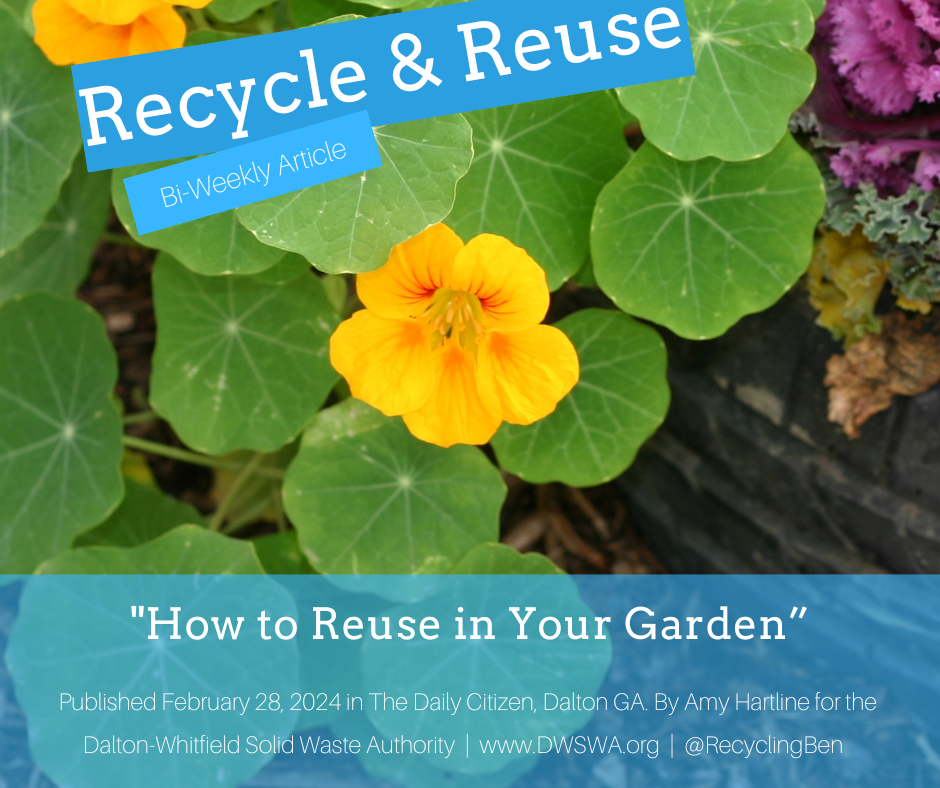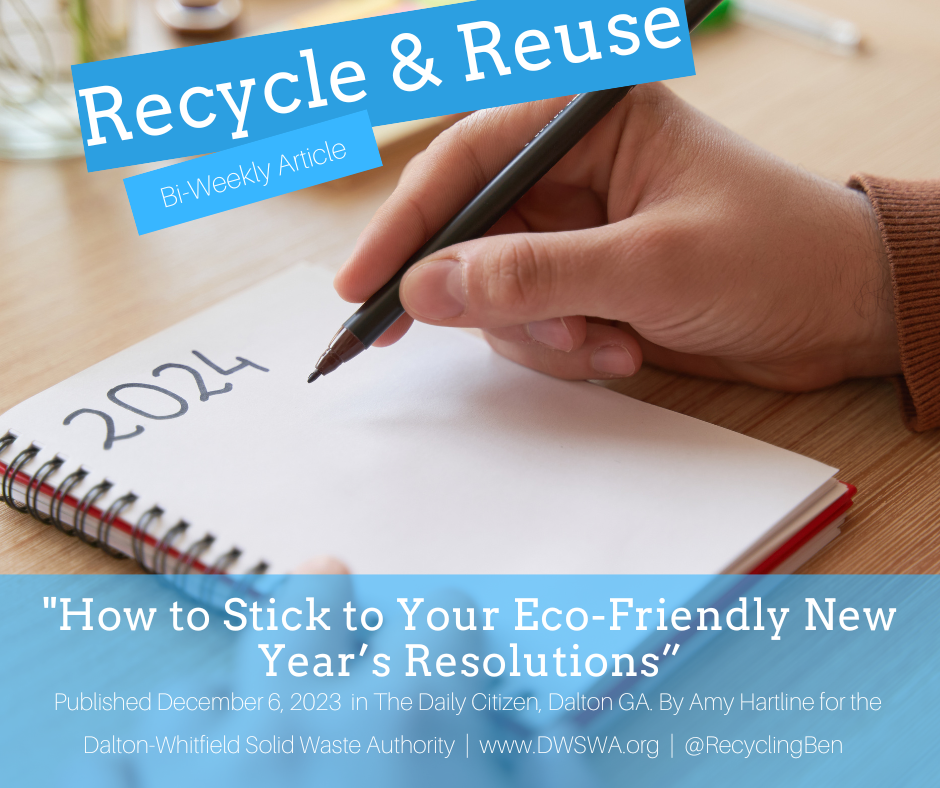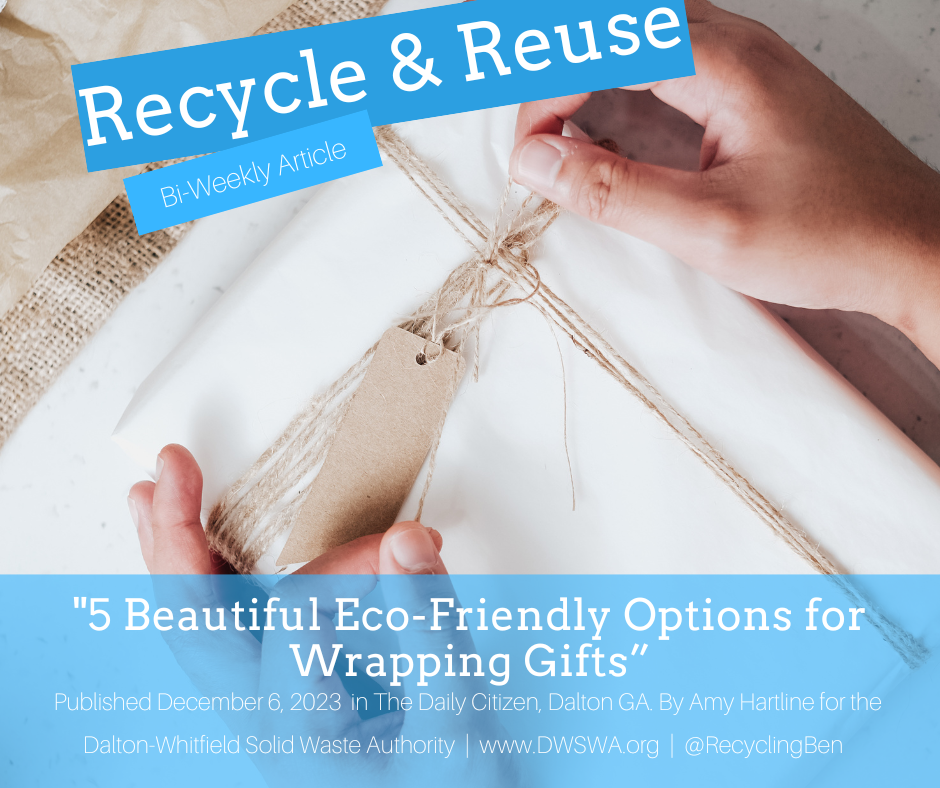Why Do We Recycle Aluminum?
/Why are companies turning to aluminum for better environmental impacts?
Find out why picking up an aluminum can may be better than plastic and what happens when you recycle aluminum.
Don’t let the thought of drinking out of the same aluminum six times in one year, deter you from picking up that soda. All recycling materials go under a stringent cleaning process before being turned into new material and products.
Have you tried out La Croix or any of the other popular sparkling waters sold in aluminum cans? In the past few years, many more waters, beers, and other drinks have been spotted being sold in aluminum cans. With this uptick in use of aluminum, we should see an uptick in recycling aluminum. Alupro, the Aluminum Packaging Recycling Organization, estimates that 76% of aluminum drink cans were recycled in 2019. So, most people recognize that they can be recycled. But do they know why it’s important to recycle it?
In the past couple of years, major companies have made announcements that they are going to begin using aluminum in significant amounts in their products and packaging as a way to limit plastic use which has recently come under fire. Coca-Cola, PepsiCo, and Apple are among these companies that will be driving aluminum recycling after a drop-off in demand in 2018 due to US-China trade struggles.
Recycling aluminum saves significant energy and natural resources, but there are still times when people are throwing their aluminum in the trash. Not recycling aluminum leads to a major loss in energy, wildlife habitat loss, and dangerous environmental implications. The amount of energy it would take to replace all of the aluminum cans thrown away in a landfill instead of recycled in one year is equivalent to 16 million barrels of oil or “enough to keep a million cars on the road for a year” according to ThoughtCo.
To create new aluminum cans, bauxite ore must be mined. Bauxite mining takes place in forests across the world including the Amazon rainforest. Unlike other forms of mining, bauxite is found near the surface so instead of digging deep, miners dig wide. This destroys the terrain of the forest and requires deforestation. Because it is on the surface only, many acres must be cut down leading to animal and resource endangerment.
When creating new aluminum cans isn’t decreasing beneficial resources, it’s creating harmful pollutants. Creating cans out of new aluminum requires aluminum smelting which produces sulfur oxide and nitrogen oxide. Both of these gases are key elements in creating smog and acid rain. Not only does new aluminum pollute the air, but it can pollute our groundwater. The bauxite process creates five tons of caustic mud for every one ton of new aluminum. A spill in 2010 of this mud led to over a hundred people with chemical burns, seven deaths, and immediately killed all wildlife present in the rivers.
The process of recycling aluminum is incredibly efficient and no material is lost in recycling. As an added bonus it takes 95% less energy to create cans from recycled aluminum as opposed to virgin bauxite. According to the EPA recycling one aluminum can will save enough energy to power a computer for three hours.
Recycling your aluminum can only takes 60 days making it the fastest recycling process of any material. With persistent recycling, you may drink out of the same aluminum 6 times in a year! Recycling one ton of aluminum can also save 9 tons of Co2 emissions just by the more efficient process of recycling it. Locally, recycling one ton of aluminum saves us ten cubic yards of Dalton-Whitfield landfill space.
It’s never been easier or faster to recycle aluminum cans. Residents in Dalton can put their cans in the blue curbside recycling bin and residents in Whitfield County can visit any of the four convenience centers. Only about half of Dalton’s households recycle. Which means that only 50% of your possible recycling is being collected! If you are in Dalton and have a garbage cart but no recycling bin, call public works at (706) 278-7077 to arrange delivery. The pickup date for recyclables and household trash is the same.
Sometimes I am asked how much washing you have to do with your cans. Don’t feel like you need to throw these in the dishwasher! Simply, run some water through the can and empty it. All recycling will be cleaned during processing so our main focus in rinsing recyclables is decreasing contamination in the bins.
Amy Hartline is the recycling and education program coordinator for the Dalton-Whitfield Solid Waste Authority. Have a recycling question? Contact her at (706) 278-5001 or ahartline@dwswa.org.
































